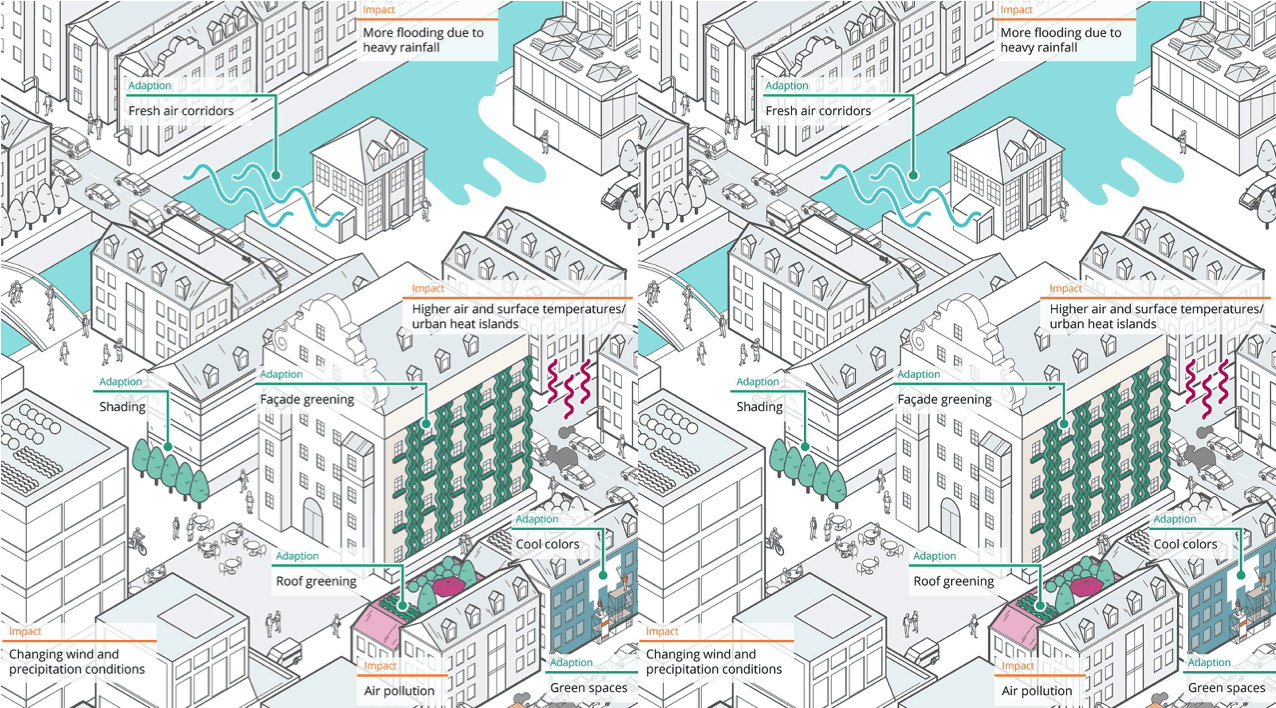
Berlin plans to increase its use of geothermal energy. Three potential sites have been chosen for drilling, with the goal of starting around 2025. Currently, over 90% of Berlin’s heat production relies on fossil fuels, a statistic the city is determined to change in its pursuit of climate neutrality by 2045. In Germany, a new law has banned gas-fired boilers in new houses, prompting cities to seek alternatives like geothermal energy. Geothermal has significant potential, especially in large cities where other options are limited. It provides reliable power with minimal environmental impact. To mitigate investment risks, the Berlin will conduct probe drillings. They also intend to explore geothermal potential at nine more sites.
- Berlin has identified 13 potential geothermal energy sites to help transition away from fossil fuels for heating.
- The city plans to conduct exploratory drilling at 3 locations, with the goal of tapping into geothermal energy.
- While initial investments are high, Berlin is taking steps to mitigate risks and explore additional sites.
Exploring the Depths for a Greener Future
As Berlin gears up to phase out fossil fuels and transition to renewable energy sources, geothermal energy has emerged as a promising alternative. The city has identified and technically examined 13 potential geothermal sites, with three locations, namely the Urban Tech Republic, Schumacher-Quartier, Fernheizwerk Neukölln, and Campus Berlin-Buch, earmarked for further exploration and drilling.
This bold move is part of the city’s ambitious plan to achieve climate neutrality before 2045, a goal that requires a significant shift in its heat supply strategy. Currently, over 90% of Berlin’s heat production is dependant on fossil fuels such as coal, natural gas, and oil. By tapping into the Earth’s crust for heating purposes, Berlin is making strides towards a more sustainable future.
The High Cost of Digging Deep
Despite its potential, the initial investments for deep geothermal energy can be daunting. Probe drilling costs, which are essential to assess the viability of the sites, start at a hefty one million euros. However, in a bid to reduce investment risks, the Berlin Senate made the strategic decision in 2021 to take charge of the probe drillings.
The Senate’s commitment to exploring geothermal potential extends beyond the initial 13 sites. In fact, the Senate has approved a roadmap to explore the geothermal potential of nine additional locations, further emphasizing the city’s commitment to this form of renewable energy.
Turning the Tide with Green Heating
As Germany navigates its way towards a greener future, policies such as the recent ban on gas-fired boilers in new houses have been enacted. These regulations have sparked a renewed interest in alternative energy sources, particularly geothermal energy. The city of Berlin is at the forefront of this movement, championing the use of geothermal energy for district heating.

Unlike fossil fuels, geothermal energy offers a reliable and climate-neutral source of energy. As the heat is extracted from the Earth’s crust, it is not subject to the same price volatility and supply issues that plague fossil fuel markets. This makes it an attractive option for cities looking to secure their energy future in a sustainable way.
Germany’s Subsidy Scheme: A Game Changer?
Supporting the transition towards green district heating, the German government has launched a €3 billion subsidy scheme. This initiative aims to encourage the development of district heating grids that use at least 75% renewable energy, including geothermal. This scheme, which is set to run until 2026, is a significant step towards achieving climate neutrality.
Through this subsidy scheme, the German government seeks to reduce its reliance on fossil fuels and promote renewable energy sources. The International Energy Agency recognizes district heating as an important solution for decarbonizing the heating sector. The subsidies received approval from the European Commission and will contribute to greening the district heating sector in Germany. While the initial investment may be high, the long-term benefits in terms of sustainability and energy security are undeniable.







